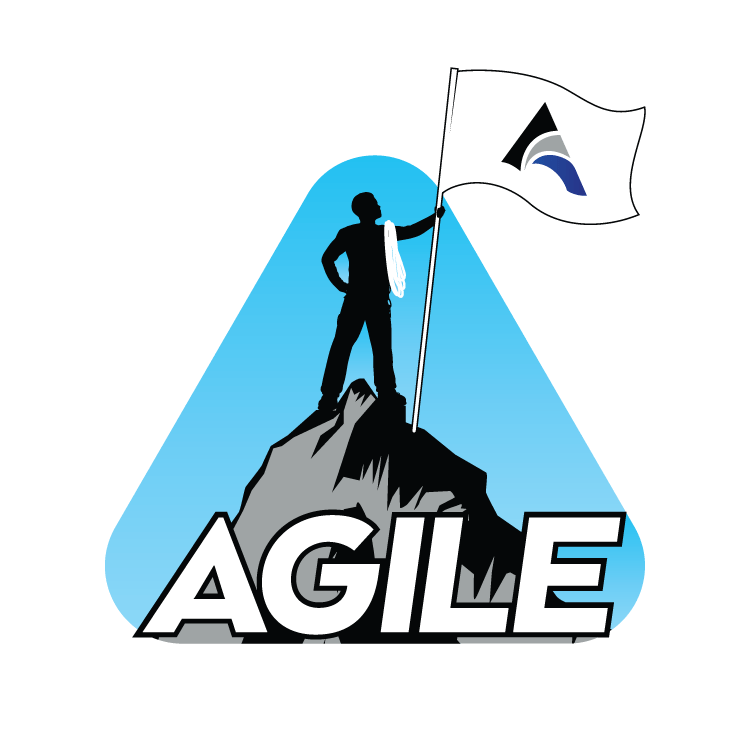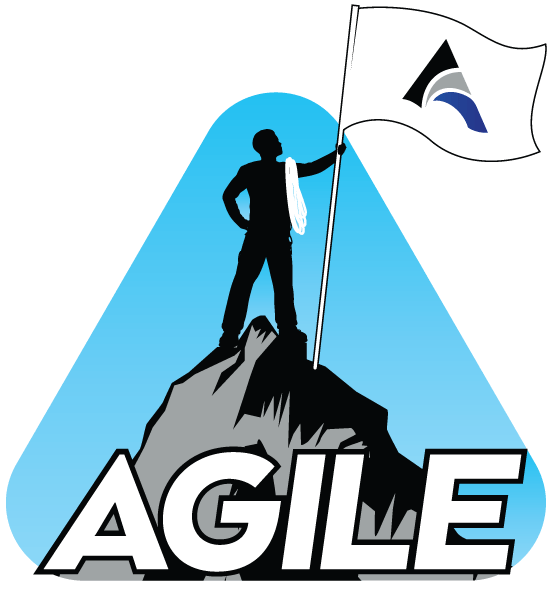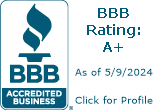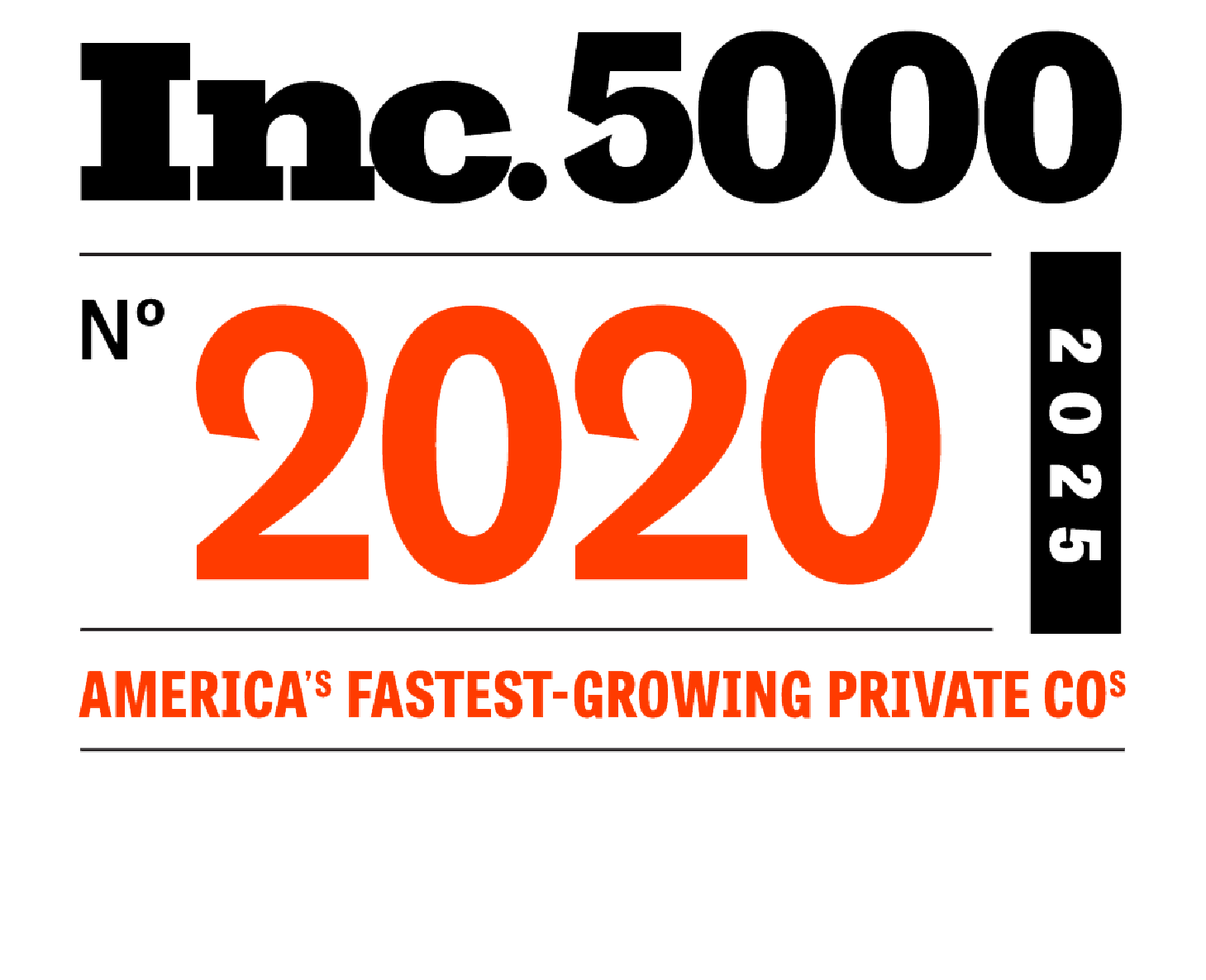Ohio Sales Tax on Software and Digital Products
Ohio’s treatment of software, cloud-based services, and digital products is shaped by a mix of traditional retail definitions and modern interpretations. While prewritten software and hardware are generally taxable, cloud-based delivery models like SaaS and PaaS may be exempt depending on how the product is delivered and accessed.
This guide breaks down Ohio’s approach to software sales tax and SaaS sales tax across key categories, helping tax teams and compliance managers determine what is taxable, what is
exempt, and how to invoice correctly to stay compliant.
Page - Table of Contents
Taxability of Software in Ohio
- Prewritten Software
- Custom Software
- Software as a Service (SaaS)
- Platform as a Service (PaaS)
Implementation & Installation Services
- Onsite
- Remote - Live
- Remote - Pre-recorded
- Optional
- Mandatory
Exemptions and Special Considerations in Ohio
Compliance Tips for Businesses

Georgia distinguishes software taxability primarily by delivery method and usage rights.
Prewritten Software
Prewritten or “canned” software is taxable in Ohio when delivered to a customer in a tangible form or downloaded for installation. This includes standard applications sold off the shelf, delivered via CD, USB, or digital download. If the customer is granted a license to use the software for their internal purposes, and the software is not substantially customized, it is subject to sales tax.
Custom Software
Custom software is not taxable in Ohio when developed specifically for one customer and tailored to their unique needs. The key factor is whether the software has been substantially modified or created from scratch to meet client-specific requirements. Minor modifications to prewritten code generally do not qualify as custom software.
Ohio Cloud-Based Services
Cloud-delivered software and services have grown rapidly in recent years, and Ohio’s tax rules continue to evolve to address these delivery models.
Software as a Service (SaaS)
SaaS is typically not taxable in Ohio when customers access the software remotely and no copy of the software is delivered or downloaded. If users are simply interacting with a platform hosted on a third-party server, and do not have the ability to download or control the software, the transaction is considered a non-taxable service.
Platform as a Service (PaaS)
PaaS follows a similar logic to SaaS. These platforms allow users to develop, run, or manage applications without owning the underlying infrastructure. As long as no software is downloaded or transferred to the customer, PaaS is not subject to
Ohio sales tax.

Hardware & Tangible Items
Sales of physical hardware, including servers, computers, and accessories, are taxable in Ohio as tangible personal property. Businesses should apply standard sales tax rates on these items and ensure they are invoiced separately from exempt services or digital products.
Implementation & Installation Services
Ohio's sales tax treatment of implementation and installation services depends on how those services are invoiced and what type of software or product they support. When handled correctly, many of these charges can remain exempt.
- Taxable when bundled with the sale of taxable tangible personal property or prewritten software.
- Non-taxable when separately stated and associated with exempt custom software or cloud-based services such as SaaS or PaaS.
Carefully separating implementation charges on invoices and aligning them with non-taxable software solutions is critical to preserving exemption and reducing audit exposure.

Training Services
Training services are typically not taxable in Ohio when provided independently of taxable goods or when related to non-taxable software.
Onsite
Onsite training is not taxable when billed separately and not bundled with prewritten software. This includes training sessions held at the customer’s location related to setup, onboarding, or custom workflows.
Remote - Live
Live, remote instruction is not taxable when invoiced independently. This includes real-time webinars, virtual classrooms, or live-streamed sessions.
Remote - Pre-recorded
Pre-recorded training is also not taxable, provided it is not delivered on physical media and is accessed online or via download without permanent transfer of tangible property.
Maintenance Agreements
Ohio distinguishes between optional and mandatory maintenance agreements and evaluates taxability based on the type of software involved and the nature of the support provided.
Optional
Optional maintenance agreements are not taxable when they involve exempt custom software or only provide intangible services such as technical support, troubleshooting, or helpdesk access.
Mandatory
Mandatory maintenance agreements may be taxable when required as part of a purchase of prewritten software, especially if they involve updates or tangible software deliverables. When bundled with custom software and limited to service-only functions, they are typically not taxable.
Exemptions and Special Considerations in Ohio
Ohio offers a number of exemptions that may apply to software and digital product transactions:
- Resale Exemption: Applies when software or hardware is purchased for resale rather than end use.
- Manufacturing Exemption: Software or hardware used directly in the manufacturing process may qualify for exemption.
- Custom Software Exemption: Applies to substantially modified or fully customized applications built for a specific client.
Proper documentation and exemption certificates are required to substantiate these claims under audit.


Compliance Tips for Businesses
To maintain compliance with Ohio software sales tax and SaaS sales tax rules, businesses should:
- Clearly distinguish between prewritten and custom software in contracts and invoices.
- Itemize service charges separately from taxable goods to preserve exemption eligibility.
- Maintain valid exemption certificates and verify resale documentation.
- Review all software delivery methods to confirm whether tax applies based on tangible transfer.
Stay current with
guidance from the Ohio Department of Taxation regarding cloud-based services and digital goods.
Key Takeaways
Ohio generally taxes prewritten software when delivered or downloaded, while custom software is exempt.
Cloud-based models like SaaS and PaaS are not taxable when no software is delivered or transferred.
Training, implementation, and maintenance services are usually non-taxable when separated from the sale of taxable goods.
Digital products accessed online or by subscription are exempt, assuming no physical media is transferred.
Correct classification and documentation help businesses reduce audit risk and avoid overpayment.
Need Help Navigating Ohio Software and SaaS Sales Tax?
Agile Consulting Group helps businesses navigate software sales tax and SaaS sales tax compliance in Ohio. Whether you're delivering cloud-based platforms, licensing custom software, or bundling services with hardware, we guide you through Ohio’s tax rules to help reduce risk and improve compliance.



